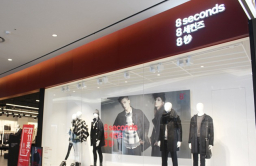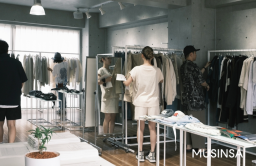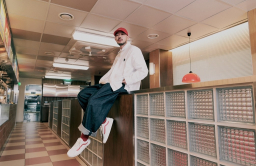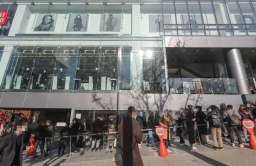-
KOSPI 2577.27 -2.21 -0.09%
-
KOSDAQ 722.52 -7.07 -0.97%
-
KOSPI200 341.49 +0.02 +0.01%
-
USD/KRW 1396 -2.00 0.14%
Native Korean fast-fashion brands poised to snatch market
Fashion
Native Korean fast-fashion brands poised to snatch market
Spao, Topten and 8Seconds all saw a jump in sales last year as consumers shifted toward value for money amid inflation
By
May 08, 2024 (Gmt+09:00)
3
Min read
News+
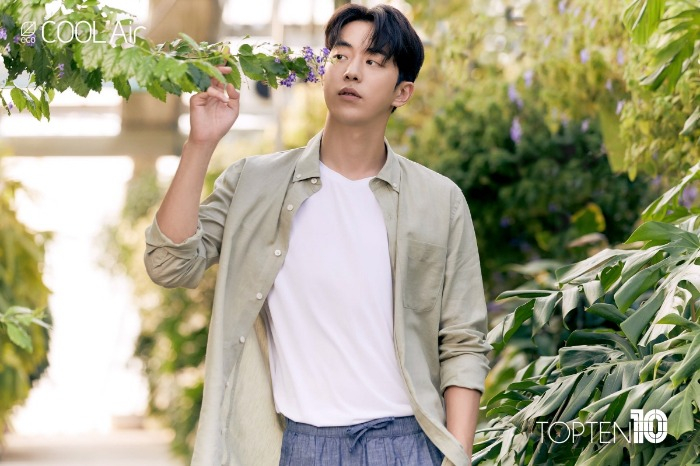
South Korea’s homegrown fast-fashion brands are expected to continue making big strides at home as cost-conscious consumers shifted toward more bang for the buck to combat galloping prices amid stubborn inflation.
According to Shinsung Tongsang Co. on Tuesday, sales of the company’s budget-friendly fashion brand Topten jumped 15% on-year to 900 billion won ($660 million) last year and are estimated to have grown nearly 10% in the first quarter of this year from a year ago.
At the current pace, its sales are expected to surpass 1 trillion won this year, said a Shinsung Tongsang official.
Uniqlo was previously the only brand raking in more than 1 trillion won in annual sales in the Korean fast-fashion market.
The Japanese fast-fashion brand, however, earned 921.9 billion won in sales in Korea for fiscal year 2023 ending in August, falling from 1.38 trillion won in fiscal year 2019.
Over the same period, Topten's sales nearly tripled.
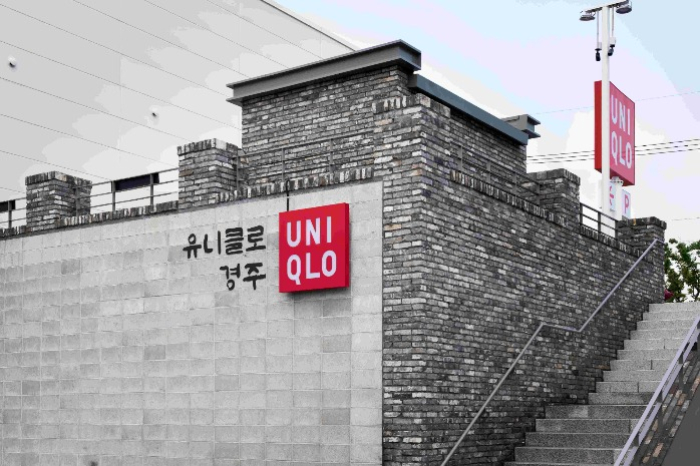
Other Korean specialty retailers of private label apparel (SPA) — Spao run by the Korean retail group E-Land Group and 8Seconds under Samsung C&T Corp. — also saw rising domestic sales last year.
Brisk sales of the local fast-fashion brands were driven largely by the growing number of thrifty consumers seeking value for money amid high inflation, said market analysts.
AFFORDABLE PRICES DRIVE SALES GROWTH
Their fashion items come with cheaper price tags compared with those of their foreign rivals.
Spao’s cotton t-shirts, underwear and jackets are 20% to 50% cheaper than similar items sold at Uniqlo.
“Polarization of consumer spending is deepening amid the prolonged inflation and economic slowdown, making Korean fast-fashion brands’ prices more appealing to consumers,” said an official in the Korean fashion industry.
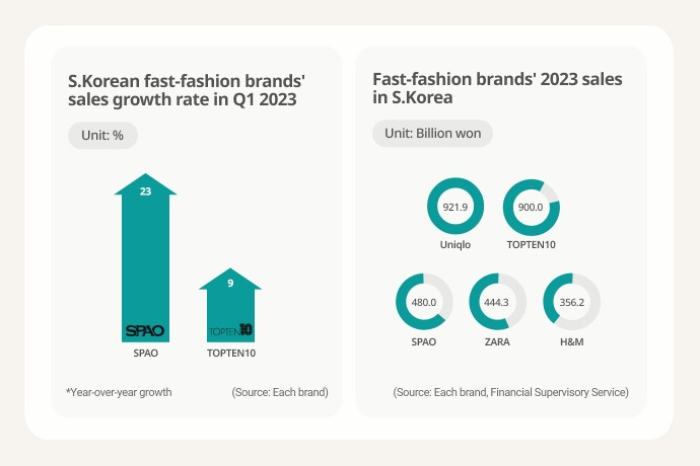
To cater to such demand, the Korean brands have vigorously expanded their brick-and-mortar stores — even during the COVID-19 pandemic — unlike their foreign rivals, which shuttered many of their Korean offline outlets.
“Since the end of the COVID-19 pandemic, we have continued introducing new budget-friendly and trendy items without pause. This has worked well, helping us report new record-high sales every year,” said an official from Samsung C&T.
8Seconds' sales hit its historic high of 300 billion won last year.
Spao’s sales for 2023 leaped about 20% to 480 billion won, and its sales in the first three months of this year climbed 23% on-year. The fashion retailer set a target of earning 600 billion in sales this year.
MORE OFFLINE STORES
Topten’s offline stores more than doubled nationwide, to 690 last year from 320 in 2019. Last year alone it opened 135 stores, including one inside a medical center.
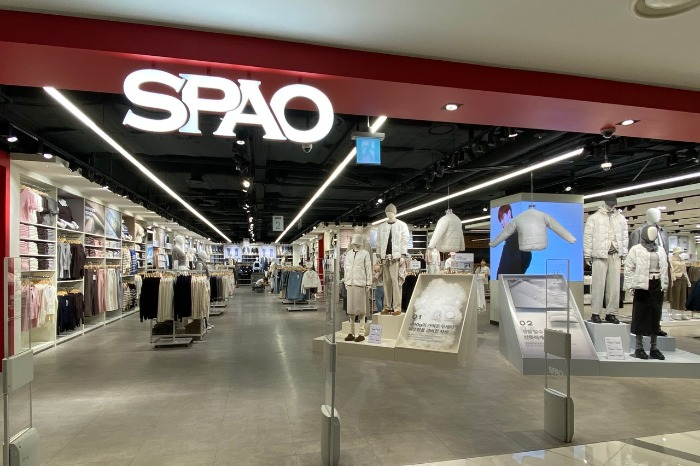
It has also added new lineups, ranging from a baby clothing line to an athletic sportswear line, targeting different groups of consumers.
Spao plans to open 42 stores in Korea this year after it increased its outlets to 108 last year from 92 in 2019.
KKR-backed online fashion platform Musinsa has also bet big on offline sales by opening a slew of new fast-fashion stores under the Musinsa Standard brand.
Its outlet, which opened in Suwon in late March, raked in more than 1 billion won in one month.
But Uniqlo stores' footprint in Korea shrank from over 180 in 2019 to 130 following Koreans’ boycott campaigns against Japanese brands on the heels of diplomatic rows between Seoul and Tokyo in 2019 and the COVID-19 outbreaks.
Write to Hun-Hyoung Ha at hhh@hankyung.com
Sookyung Seo edited this article.
More To Read
-
Feb 01, 2024 (Gmt+09:00)
-
Jul 21, 2023 (Gmt+09:00)
-
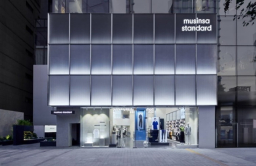 Korean startupsKKR leads $190 mn Series C funding of fashion platform Musinsa
Korean startupsKKR leads $190 mn Series C funding of fashion platform MusinsaJul 19, 2023 (Gmt+09:00)
-
Apr 24, 2023 (Gmt+09:00)
-
Dec 05, 2021 (Gmt+09:00)


